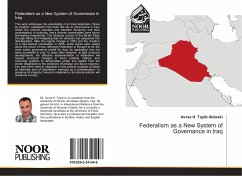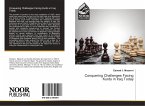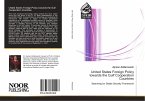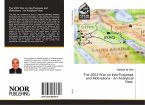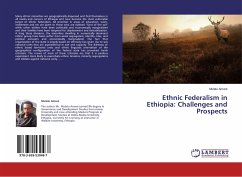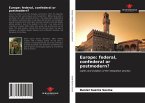This work addresses the potentiality of an Iraqi federation. Since its creation, exploitation has been the key to governance in Iraq. Under the colonial mandate and imposed monarchy and then centralization of authority, Iraq's diverse communities have found themselves fragmented. The absolute control of the Ba'ath Party through killing and instigating fear for decades has deepened this disintegration. After the regime change in 2003 and the creation of a new federal constitution in 2005, some hopes were raised about the future of Iraq. Although federalism is thought to be the most suited governance model for Iraq, its application has not been successful in over 10 years after adoption. In light of recent developments, the effective implementation of federalism will require structural changes in Iraq's political, military, and economic systems to decentralize power and wealth from the center (Baghdad) to the periphery (Kurdistan and future regions). Iraq may even need to negotiatea new political compact to adopt an alternate form of federalism -perhaps as a confederation- to preserve its integrity. Failure to implement a functional solution will divide the country.
Bitte wählen Sie Ihr Anliegen aus.
Rechnungen
Retourenschein anfordern
Bestellstatus
Storno

